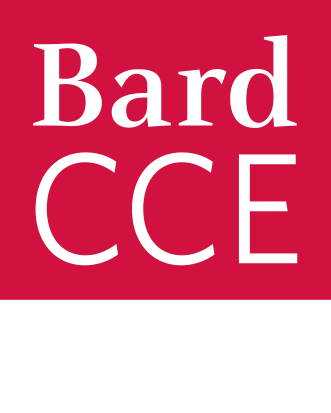07-30-2021
07-27-2021
05-24-2021
05-20-2021
05-19-2021
05-13-2021
05-11-2021
05-06-2021
04-20-2021
04-15-2021
04-13-2021
04-13-2021
03-25-2021
03-14-2021
03-14-2021
03-14-2021
03-02-2021
01-29-2021
01-10-2021
12-23-2020
12-22-2020
12-22-2020
12-16-2020
12-16-2020
12-16-2020
12-10-2020
12-10-2020
12-09-2020
11-28-2020
11-04-2020
10-24-2020
09-04-2020
08-26-2020
08-22-2020
08-19-2020
08-04-2020
07-30-2020
07-27-2020
07-24-2020
07-22-2020
07-17-2020
07-10-2020
07-03-2020
06-24-2020
06-18-2020
06-09-2020
05-15-2020
05-08-2020
05-01-2020
